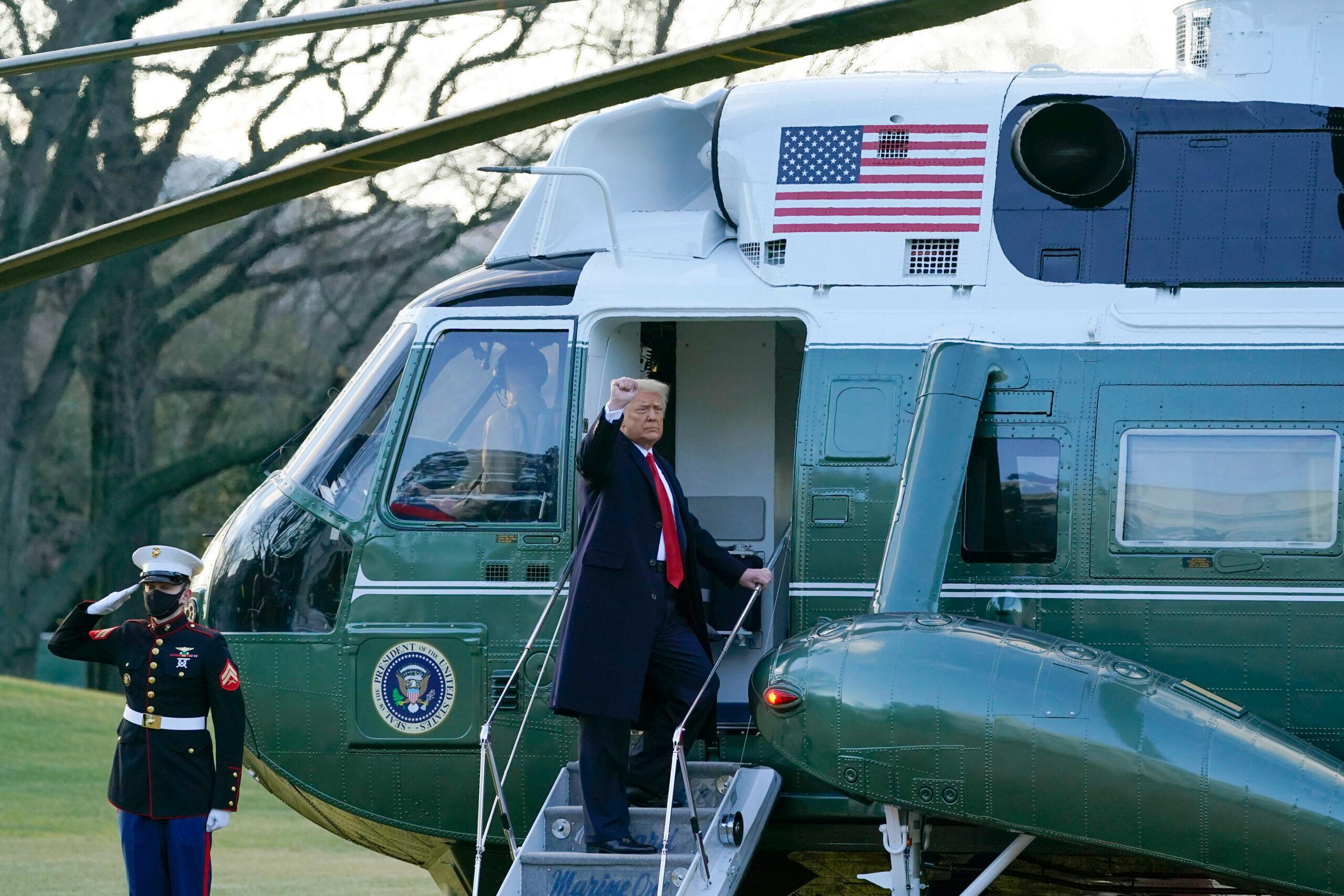
Six Colorado voters have filed a lawsuit to try to block former President Donald Trump from appearing on Colorado’s ballot as a presidential candidate next year.
The suit, which mirrors similar challenges in other states, cites Section 3 of the 14th Amendment, which bars anyone who has engaged in an insurrection or rebellion against the United States from holding public office.
On January 6, 2021, Trump “incited, exacerbated, and otherwise engaged in a violent insurrection at the United States Capitol by a mob who believed they were following his orders, and refused to protect the Capitol or call off the mob for nearly three hours as the attack unfolded,” states the legal complaint.
This is among the first 14th Amendment challenges officially filed against Trump, although liberal groups and legal scholars have been discussing the strategy publically for a while.
In a post on Truth Social late Monday, Trump dismissed the idea that he could be barred under the 14th Amendment, writing, “it is just another “trick” being used by the Radical Left Communists, Marxists, and Fascists, to again steal an Election…” The Colorado GOP has also weighed in, sending a fundraising email that brands the people behind the suit as “despicable malcontents” attempting to rob Colorado voters of options on the ballot.
Four Republican voters and two unaffiliated voters initiated the suit, including some prominent names from Colorado politics, such as Former Republican state Sen. Norma Anderson, who is in her 90s. The plaintiffs declined to comment and directed CPR News to a spokesperson for the liberal group Citizens for Responsibility and Ethics in Washington, which is spearheading the effort.
CREW successfully used the same argument to block a county commissioner in New Mexico from holding public office after participating in the riot at the U.S. Capitol on Jan. 6, 2021.
After that victory, the organization started to approach people in Colorado, according to former Colorado GOP attorney Mario Nicolais, with the pitch, “‘Hey, we'd like to do this in Colorado and we'd like your help.’ And we all signed on.”
Nicolais, who left the GOP several years ago and is now unaffiliated, said those working on the case are ready to move at a fast pace if necessary.
“We have witnesses prepared to testify, and we are confident in our ability to prove our case right now, but we'll see whether the judge wants to give a little bit more time,” said Nicolais.
He said it’s already a very compressed schedule because the ballot for Colorado’s March presidential primary has to be certified by January 5th, 2024.
In a written statement, Colorado’s Secretary of Secretary of State Jena Griswold, a Democrat, reiterated the language of the 14th Amendment and said, “I look forward to the Colorado Court’s substantive resolution of the issues, and am hopeful that this case will provide guidance to election officials on Trump’s eligibility as a candidate for office.”
The lawsuit states that the core facts demonstrating Trump’s disqualification are a matter of public record.
“He dishonestly and unlawfully tried to overturn the 2020 election results through multiple avenues. When that failed, he summoned tens of thousands of enraged supporters for a “wild” protest in Washington, D.C. on January 6, 2021,” it reads. The suit was originally filed in state court, but on Friday, the Trump campaign filed a motion to move it to federal court.
While Trump has been indicted on state and federal charges that he tried to interfere with the results of the 2020 election, neither of those cases have yet to go to trial.
The 14th Amendment was adopted after the Civil War to guarantee the rights of formerly enslaved people. The section cited in the lawsuit aimed to prevent former Confederate officials from rejoining the government. It has been rarely used over the past century. The constitution allows Congress to bypass the prohibition by a two-thirds vote.
Nicolais said he thinks the case could likely end up at the U.S Supreme Court, but that even before then, if the litigants succeed in the lower courts, he thinks there could be a domino effect of state’s denying Trump a place on the ballot.
“Secretaries across the country could say, ‘I'm not going to put him on,’ themselves without a complaint. In other states, there might need to be more complaints filed that ask or force secretaries to not have him on,” said Nicolais.
Less than a week ago, a federal court in Florida dismissed a lawsuit challenging Trump’s candidacy under the 14th amendment, ruling the plaintiffs didn’t have standing. In New Hampshire, the Secretary of State has asked the Attorney General to weigh in on the issue.
Editor's Note: Due to an editing error, an earlier version of this story incorrectly stated that the suit was filed in federal court. It has been updated.









